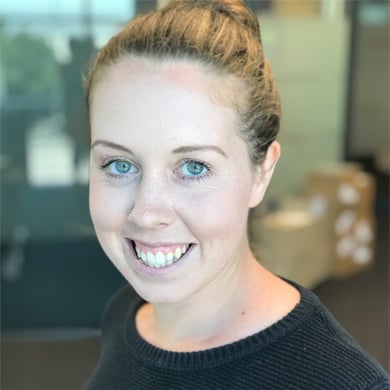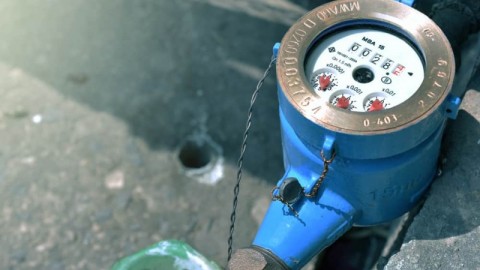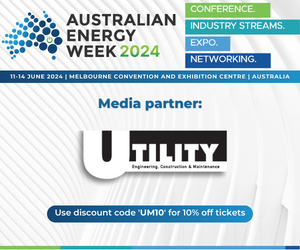by Mark Halliwell, Taggle Systems
The main game at Taggle Systems is the low-cost collection and delivery of data for our water service provider customers. So, it was with some excitement that, just before Christmas 2017, we reached the milestone of delivering one billion domestic water meter readings in a calendar year for the first time.
As exciting as it was then, and thinking about it now as we put our heads down for 2018, we realise there’s a very long way to go.
Depending on who you ask, we estimate there’s about 10 million domestic water meters in Australia, give or take, of which we currently collect hourly water consumption data from about 115,000. That’s less than one per cent of the national fleet.
But that’s just water meters. When you look deeper into the Taggle ecosystem, you begin to realise that the scope of what we do extends way beyond simple water meters and that the potential for low-cost data acquisition using our LPWAN within the water sector is enormous.
SCADA has long been the monitoring and control hub for water utilities and will continue to be so for many years to come. What’s changing though is the availability of additional, what you might call secondary data, that provides much wider context for what is seen through a traditional SCADA system. Operational situations can now be seen through a wider lens which allows for better decision-making with greater certainty.
Taggle’s Low Power Wide Area Networks now enables the collection of data from a variety of devices that previously was uneconomical.
We have established compatibility with equipment and software from well-known suppliers such as Siemens, ABB, Krohne, Itron, Enware, Schneider Electric, Evoqua, Honeywell/Elster, Hyquest, Vaisala, Davis Instruments, Tech One, Civica and others to create what might be described as a Taggle ecosystem.
Data collected in relation to water flow, water pressure, water quality, barometric pressure, wind speed and direction, rainfall, sewer overflow, stormwater and flooding all add to the richness of the information to be seen in SCADA and other platforms.
The exploration of this data, looking at it from different angles and in different combinations, is already providing new insights into how water supply networks behave and how they might be improved.
To make all of this data as accessible as possible, we provide open standard delivery options such as DNP3, MQTT, AMQP, REST web-services, HyperCat and ODBC. Future developments will see OPC-UA added to the list. DNP3, in particular, should be of great interest as it is the de facto communications protocol for Australia’s water-related SCADA systems.
HyperCat, widely seen as the up-and-coming API protocol, will enable a lot of a water utility’s data to be shared with other users. As an example, rainfall data collected from densely distributed low-cost rain gauges can be used for context within a SCADA system while, at the same time, be available for use in hydraulic modelling, flood prediction and sewer network monitoring within the water supply organisation.
External users could also have access and the relatively low-quality rainfall data could be used to augment the more accurate data collected by, for example, the Bureau of Meteorology, to provide more informative trend information. Or it could be used by local farmers to improve their management of soil moisture for their crop production.
All of these are not just possibilities. They are available now.
And we’re just getting started.
This partner content is brought to you by Taggle systems. For more information, visit www.taggle.com.au.















